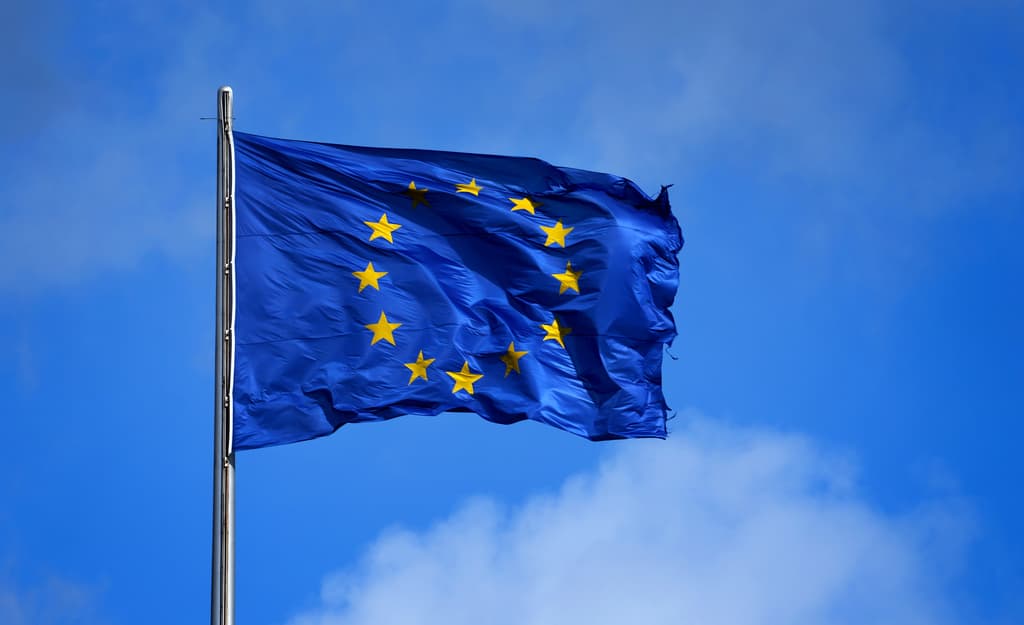The eurozone's gross national product (GNP) increased by 0.3 per cent during April, May, and June, according to new statistics from Eurostat.
The analysts had expected an increase of 0.2 per cent, as shown by Bloomberg's compilation of forecasts.
The figure means that growth in the euro countries is maintaining the same pace in the second quarter as in the first.
However, among Europe's heavyweights, the development looks different.
France's GNP increased by 0.3 per cent during the second quarter – slightly more than the expected 0.2 per cent. Spain's GNP rose by 0.8 per cent, compared to the expected 0.5.
The GNP figures show that both countries have resilience. In a challenging situation with high interest rates, energy crisis, and faltering exports, they have managed relatively well.
In the EU's largest economy, Germany, growth is slowing down instead. German GNP decreased by 0.1 per cent. This was below expectations – an increase of 0.1 per cent – and can be compared to an increase of 0.2 per cent in the previous quarter.
A German turnaround also appears to be delayed.
"Germany's economy is stuck in crisis," says Klaus Wohlrabe at the Munich-based research institute Ifo in a statement.
"The third quarter offers no hope of improvement."






